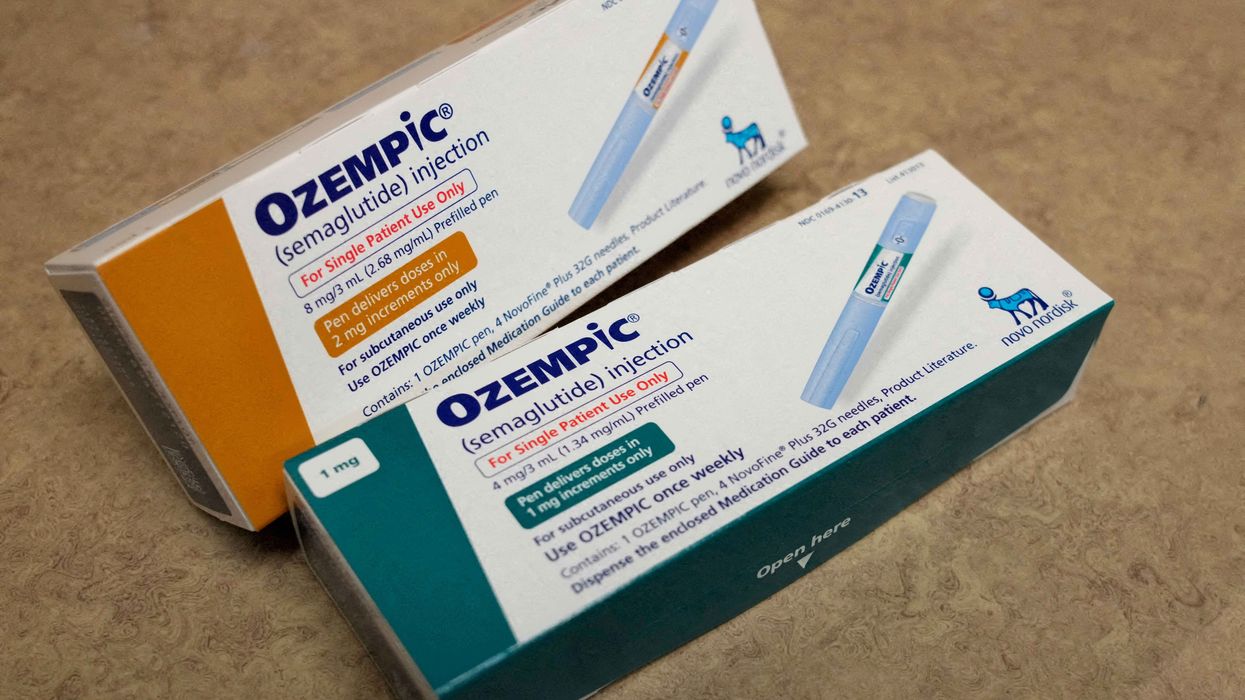Falsified batches of Ozempic (semaglutide) were detected in Brazil, the UK, Northern Ireland and the United States
The World Health Organization (WHO) issued a warning on Thursday regarding falsified semaglutide medications used for treating type 2 diabetes and obesity in select countries.
This WHO Medical Product Alert addresses three falsified batches of the specific brand Ozempic that were detected in Brazil (October 2023), the United Kingdom and Northern Ireland (October 2023), and the United States (December 2023). These falsified semaglutide products were distributed through the regulated supply chain.
Novo Nordisk, the genuine manufacturer of Ozempic, confirmed that the three products mentioned in the alert are falsified and were not produced by the company.
Healthcare professionals, regulatory authorities and the public are advised to remain vigilant regarding these falsified batches of medicines.
Dr Yukiko Nakatani, WHO Assistant Director-General for Access to Medicines and Health Products, urged stakeholders to stop any usage of suspicious medicines and report them to relevant authorities.
WHO has cautioned that falsified medicines could pose health risks, and potentially cause complications resulting from unmanaged blood glucose levels or weight if they lack the necessary raw components.
The agency recommended that patients using these products should buy medicines with prescriptions from licensed physicians and avoid buying from unfamiliar or unverified sources, including online platforms.
Semaglutides belong to a class of medicines called glucagon-like peptide-1 receptor agonists, indicated for treating hyperglycemia (high blood sugar) in people with type 2 diabetes. They are also known to suppress appetite and therefore are being increasingly prescribed for weight loss in some countries. However, Semaglutides are not part of WHO-recommended treatments for diabetes management due to their current high cost.
The agency stated that it is currently working on a rapid advice guideline on the potential use of GLP-1 RAs, including semaglutides, for treating obesity in adults as part of a more comprehensive model of care.
WHO Global Surveillance and Monitoring System (GSMS) has been observing increased reports on falsified semaglutide products across all geographical regions since 2022. Thursday’s alert marks the first official notice issued by the agency following confirmation of some of these reports.













